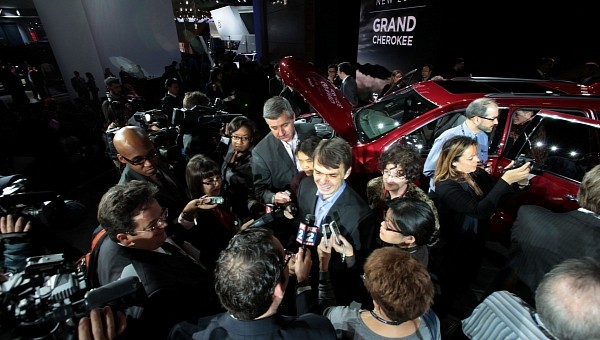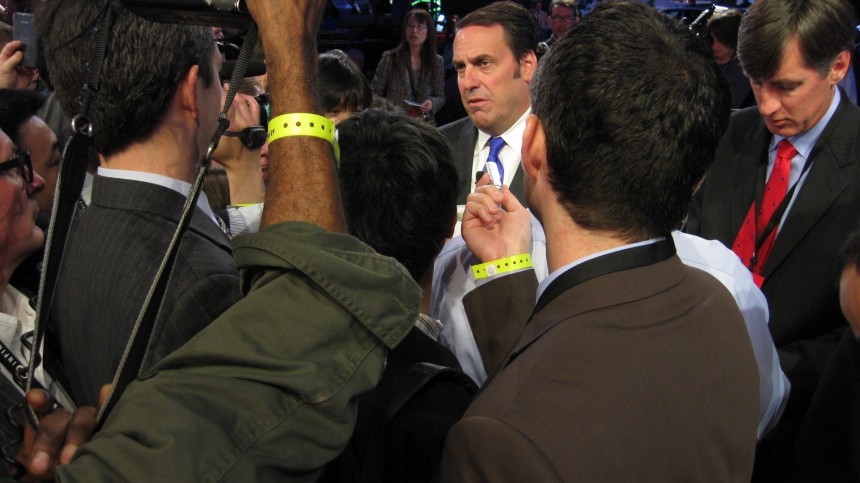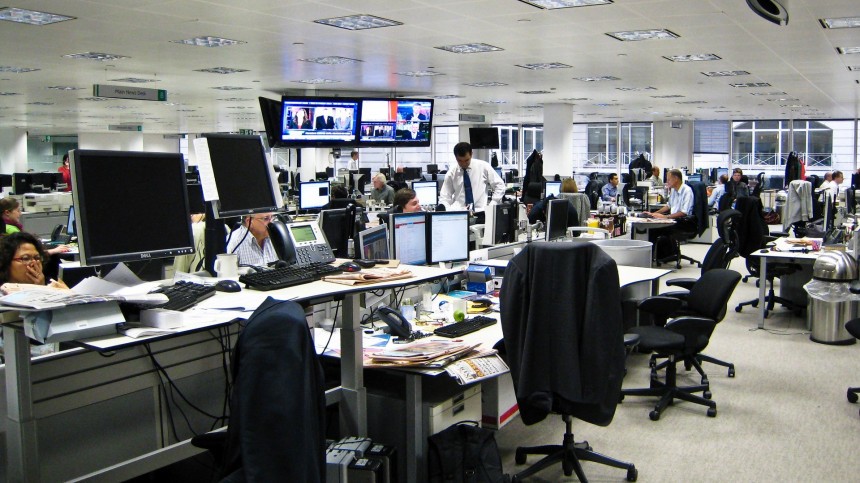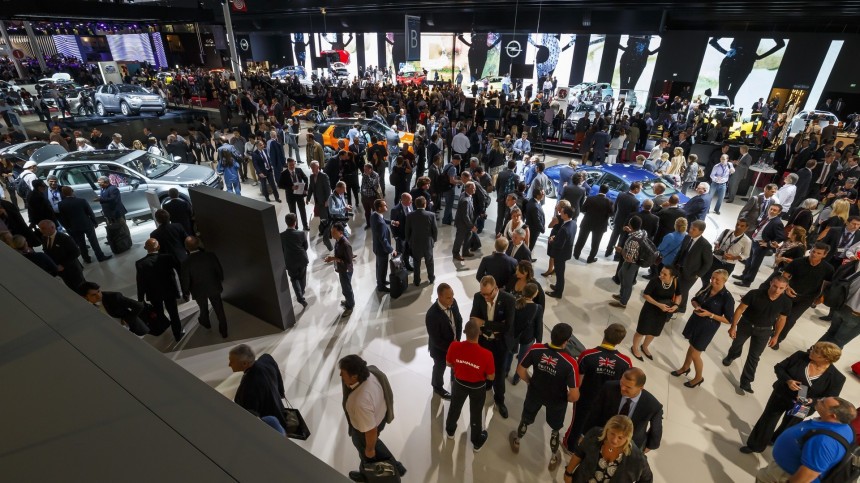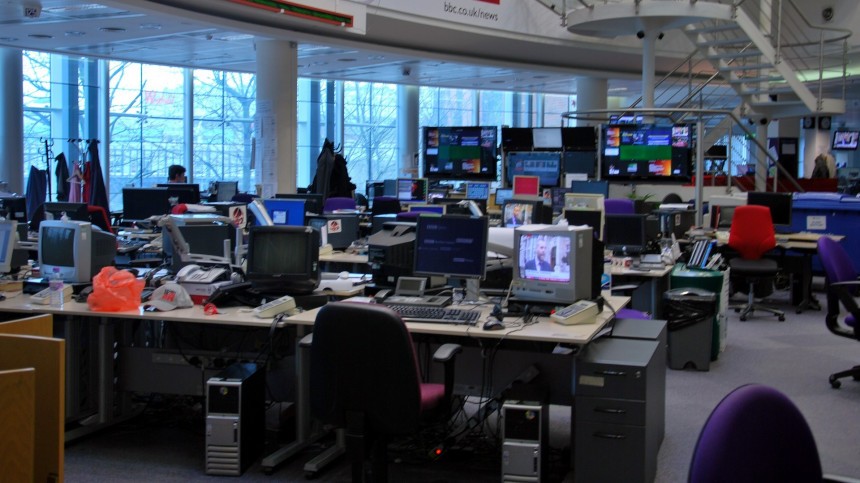When we discuss anything that bothers us, we frequently fall into the temptation to say things were once better. I will avoid that in this text because I have no idea when people forgot what journalism was supposed to do. It was probably before I started doing it, and it will likely endure for decades after I retire. That does not mean I should just watch and say nothing about it.
Regardless of how long this problem has existed, the internet certainly made it worse. Anyone can start a website and call themselves a journalist. Some even come to the extreme of saying they are journalists and activists, which is impossible. Either you report things as they are or describe them as what you want them to be. You can’t do both at the same time.
When I started writing about cars, I was surprised by how badly people reacted to my reviews or tests of vehicles and brands they owned, loved, or hated. I’ll talk about my case because it is the rule, not the exception.
Whenever I praised something, detractors said it was because the automaker was bribing me to do so. When I criticized something, they accused me of earning money from competitors to bash their devotion objects. What a fantastic example of the horseshoe theory, right? Either way, I should have retired in my thirties: all the money I allegedly made would allow me to live the rest of my life without money worries. Yet, here I am.
Another target was my competence. The critics would always put it in doubt by trying to find mistakes in what I wrote. Anything was enough to prove their point, even typos. I got used to it after understanding that some vehicles or brands did not have customers: they had supporters. Realizing they are investors helped me make more sense of everything.
Anyone who owns shares in a car company loses objectivity when analyzing or giving their opinions about their investment. They frequently want more people to buy the shares (making the price go up) and ditch adverse reports as much as possible. Screaming that it is fake news or that you are biased (really!) is their primary strategy – even when there is strong evidence to back up the story. Even when regular customers are brave enough to expose their stories so that nobody else has to go through the same hurdles and disappointments. Their main torment frequently is just standing up to the trolls.
Betting your retirement funds on the promise of getting rich is not the only way for people to invest in car companies. Emotional investment is perhaps more pernicious than the financial kind because it does not depend on anything objective. It becomes part of the personality of its advocates, who will not care about facts. Some will even say they do not agree with the facts – as if it was possible. Anything that contradicts what some people believe will be attacked, regardless of how true it is.
The most recent example is the Full Self-Driving recall that the National Highway Traffic Safety Administration (NHTSA) ordered Tesla to perform. Elon Musk didn’t disappoint and attacked the word recall. The shocking part was seeing Tesla fans on social media refusing to understand what recall means. They insist on saying an update cannot be a recall, which makes them look uninformed, stupid, or dishonest – feel free to decide which is worse. After all, recalls are any correction necessary due to defects that hurts safety. Sticking with the word's etymology is a strategy to make the action seem less serious than it really is. Attacking NHTSA and the media for warning about the problems the beta software presents will not change that.
You can move to the flip side of this coin and realize it is still the same thing. Take the folks that want to convince you that automobiles are villains. Climate change became the perfect motto for car haters to try to kill personal transportation once and for all. They preach that anyone who drives an ICE vehicle is turning up the heat on polar bears and baby seals despite their little contribution (less than 14%) to carbon dioxide emissions on a global scale.
The true environmental blame cars can take is making people sick in big cities, where traffic is heavier. Combustion engines are also extremely inefficient, which makes using them a waste of energy in most cases. Although these are the correct elements to criticize automobiles, that is not as popular as blaming them for global warming – even if that is not correct.
Shedding light on both situations is a mission only journalism can accomplish. It is a crucial tool for rational discussions. It needs to be open-minded to listen to all credible sources of a story, expose the truly biased ones, and help us all to get closer to the truth. It should help us tell the wheat from the chaff and present facts and elements for sane decisions. Sadly, blurring the lines between what is true journalism and activism disguised as such made people lose faith in what they read, watch, and listen to. It is essential to recover that reputation and remind the public why the press was once fundamental to society.
There is a funny tale among journalists about an intern who went to a bridge opening as his first assignment. An hour or so later, he gets back to the newsroom, pretty disappointed. An editor asks him what happened, and he states the opening did not occur: the bridge collapsed during the ceremony.
In the intern’s case, ignoring the facts and missing the news was due to a lack of experience. With activists and advocates, that’s on purpose. They will not tell you the bridge collapsed in the hopes that you will not hear about that from anyone. They’ll pray for someone to rebuild the bridge before anyone notices it is not there. When facts make their beliefs erode in front of their eyes, they dismiss them. Journalists who report the facts they deny will face fallacies and lousy arguments from them in an effort to discredit the information.
To make matters worse, fake journalists seem to be pretty efficient in finding the audiences that want to read what they write, regardless of how distant from reality that is. If an outlet interviews people, goes places to discover what happened, and reports them as they occurred, it risks being labeled as right-wing or left-wing and getting completely ignored. That’s how truth dies.
We may soon reach a point of no return where anything will be badged as journalism, or people will just give up on classifying anything as such. Again, the horseshoe theory prevails because the effect is the same. If anything you read is deemed journalism, nothing is. People will have to check stories or discover them on their own. If a car presents defects, you’ll learn about them when you buy the vehicle and experience them yourself, wearing the same shoes as those who tried to warn others about them. Between having your beliefs challenged by a trustworthy partner and having to search for the facts by your own means, what would you pick? Choose wisely.
When I started writing about cars, I was surprised by how badly people reacted to my reviews or tests of vehicles and brands they owned, loved, or hated. I’ll talk about my case because it is the rule, not the exception.
Whenever I praised something, detractors said it was because the automaker was bribing me to do so. When I criticized something, they accused me of earning money from competitors to bash their devotion objects. What a fantastic example of the horseshoe theory, right? Either way, I should have retired in my thirties: all the money I allegedly made would allow me to live the rest of my life without money worries. Yet, here I am.
Anyone who owns shares in a car company loses objectivity when analyzing or giving their opinions about their investment. They frequently want more people to buy the shares (making the price go up) and ditch adverse reports as much as possible. Screaming that it is fake news or that you are biased (really!) is their primary strategy – even when there is strong evidence to back up the story. Even when regular customers are brave enough to expose their stories so that nobody else has to go through the same hurdles and disappointments. Their main torment frequently is just standing up to the trolls.
Betting your retirement funds on the promise of getting rich is not the only way for people to invest in car companies. Emotional investment is perhaps more pernicious than the financial kind because it does not depend on anything objective. It becomes part of the personality of its advocates, who will not care about facts. Some will even say they do not agree with the facts – as if it was possible. Anything that contradicts what some people believe will be attacked, regardless of how true it is.
You can move to the flip side of this coin and realize it is still the same thing. Take the folks that want to convince you that automobiles are villains. Climate change became the perfect motto for car haters to try to kill personal transportation once and for all. They preach that anyone who drives an ICE vehicle is turning up the heat on polar bears and baby seals despite their little contribution (less than 14%) to carbon dioxide emissions on a global scale.
The true environmental blame cars can take is making people sick in big cities, where traffic is heavier. Combustion engines are also extremely inefficient, which makes using them a waste of energy in most cases. Although these are the correct elements to criticize automobiles, that is not as popular as blaming them for global warming – even if that is not correct.
There is a funny tale among journalists about an intern who went to a bridge opening as his first assignment. An hour or so later, he gets back to the newsroom, pretty disappointed. An editor asks him what happened, and he states the opening did not occur: the bridge collapsed during the ceremony.
In the intern’s case, ignoring the facts and missing the news was due to a lack of experience. With activists and advocates, that’s on purpose. They will not tell you the bridge collapsed in the hopes that you will not hear about that from anyone. They’ll pray for someone to rebuild the bridge before anyone notices it is not there. When facts make their beliefs erode in front of their eyes, they dismiss them. Journalists who report the facts they deny will face fallacies and lousy arguments from them in an effort to discredit the information.
We may soon reach a point of no return where anything will be badged as journalism, or people will just give up on classifying anything as such. Again, the horseshoe theory prevails because the effect is the same. If anything you read is deemed journalism, nothing is. People will have to check stories or discover them on their own. If a car presents defects, you’ll learn about them when you buy the vehicle and experience them yourself, wearing the same shoes as those who tried to warn others about them. Between having your beliefs challenged by a trustworthy partner and having to search for the facts by your own means, what would you pick? Choose wisely.
